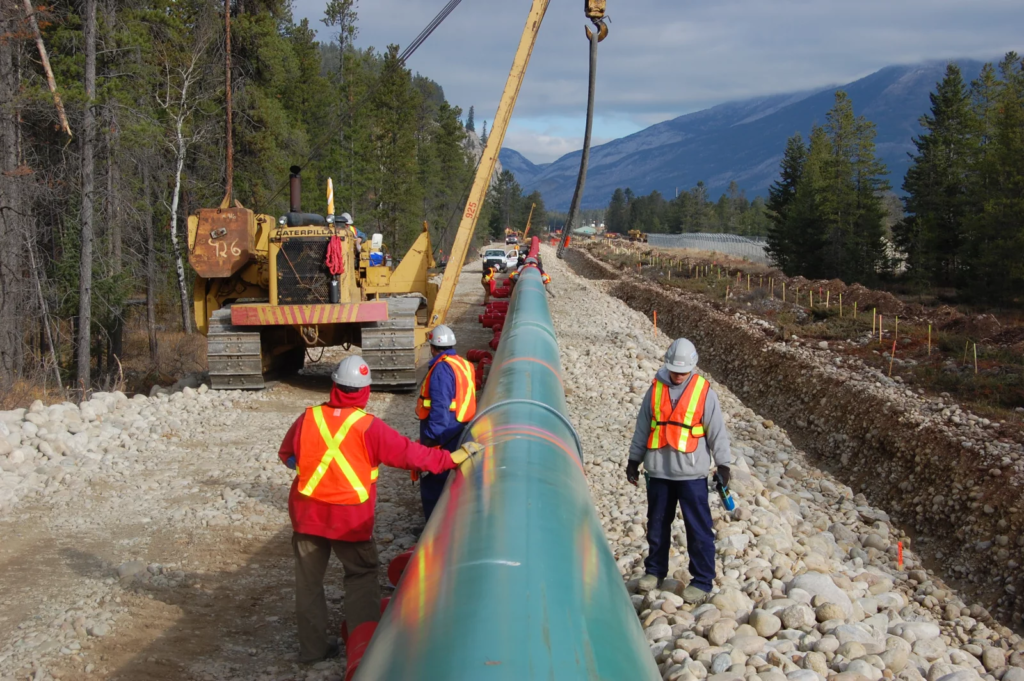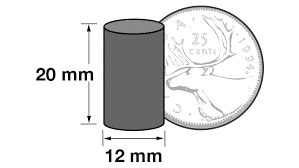Environmental Symbols – demonizing pipelines won’t solve climate change
Here in Canada, we recently held a bitterly fought federal election with the outcome being the existing government was returned to power but reduced to a minority. One of the big issues this election cycle was climate change. It was fascinating to watch as one side claimed government was not doing enough on climate, while the other argued government was unfairly targeting western Canada’s lifeline, its oil sector. Interestingly, both arguments had merit.
Now, we know better than to wade into political discussions and that is not the point of this post. What we do want to discuss is how environmental activists may not always pick the best symbols to create antagonists and support their arguments. In this case, we want to focus on the bitter arguments over the future of pipelines. The perception is that supporting the environment means opposing pipelines. Nothing can be further from the truth.

We all accept that climate change is the existential issue of our time. We know that to address it we must reduce our carbon emissions, and this means reduce our use of fossil fuels. And most of all, we know the time is short, shorter than we thought.
Even though fossil fuels are still our main source of energy, we are not going to argue about how pipelines are the best and most efficient way to transport oil and gas, as the alternative is by truck and rail. We all saw the disaster in Lac-Megantic, Quebec in 2013 when a train filled with oil de-railed and plowed into the town’s downtown, blowing up and killing 47. Nor are we going to argue that reducing the amount of oil produced in Canada supports production from other countries with despotic regimes and significantly less environmental standards. Why? First of all, because the argument that we are the least worst option is a hard sell, but more important, because when it comes to carbon emissions, none of it actually matters.
What does matter is that without any doubt whatsoever, not proceeding with a given pipeline will not reduce the use of even one barrel of oil. That’s right, not one person will drive their car less or trade in their SUV for a smaller more efficient vehicle. Not one person will cancel their travel for vacation by plane. And not one gas-fired power plant will reduce its output and produce less electricity.
The reason is simple. We cannot reduce fossil fuel use by trying to control supply. Someone recently provided an interesting analogy. For about 50 years in North America, the war on drugs has been focused on trying to disrupt supply. And now, most agree, this war has been a dismal failure. Why? Because when people want something badly, especially if they are addicted to it, they find a way to get it. And like drugs, our societies are addicted to fossil fuels.
Therefore, the only way to reduce fossil use, and carbon emissions, is to reduce demand. How do we reduce demand for fossil fuels? Again, some would have us believe the answer is personal sacrifice and hardship. Forego that holiday abroad with a staycation. Ditch the car and take transit or even better, ride a bike to work. Turn the thermostat in our homes down in the winter and up in the summer. Others would have us believe the answer is to price carbon, making its use more expensive, forcing us to economize and use less fossil fuels.
Once again, to some extent, both of these approaches can work. Is it reasonable to ask us to make better choices for the benefit of the planet? Sure. Many of us can make changes to our energy intensive lifestyles and may accept there is a cost to the emissions we make but the pain must be within reason. The problem is even with the best of intent, there are real limits to how much benefit these popular approaches can achieve by themselves.
Why? Because access to energy has made all our lives better. Therefore, the only real approach to reducing our dependence on fossil fuels is to find economic reliable alternatives to meet our energy needs. We cannot stop driving to work if we have no option to take public transit where we live. We will not stop visiting elderly relatives a flight’s distance away if there is no other way to get there economically and efficiently. And we will not choose to live in a cold dark house. However, we may well choose to drive an electric car and heat and cool our homes with electricity, so long as the electricity is produced from a low carbon source.
Many will have you believe the answer is to move to 100% renewable energy. We have discussed this in the past and, as with the symbol that pipelines are bad, the idea that the only solution is a renewable future, is just as flawed. While these forms of energy have made progress, they cannot meet global carbon targets on their own. We need all low carbon energy options to be pursued with vigour. Most of all, this includes a strong commitment to nuclear power as a base load, energy dense, economic and reliable option. As our newest young global environmental activist likes to say – follow the science. And the science is clear.

If we accept there is an urgent need to decarbonize our economies, then it is also time to give up the symbols that pipelines are evil and solar panels are all we need. Ideology will not get us to a carbon free future. Technology will. We need to embrace a new symbol for a better future, nuclear power. A single small fuel element provides as much energy as 1 ton of coal yet only emits about the same amount of carbon as a solar panel. No other energy option can produce so much energy from so little. So, let’s not worry about pipelines; rather, let’s focus our efforts on solutions that work – reducing demand for fossil fuels by producing the energy we need from all the low carbon sources we can.




